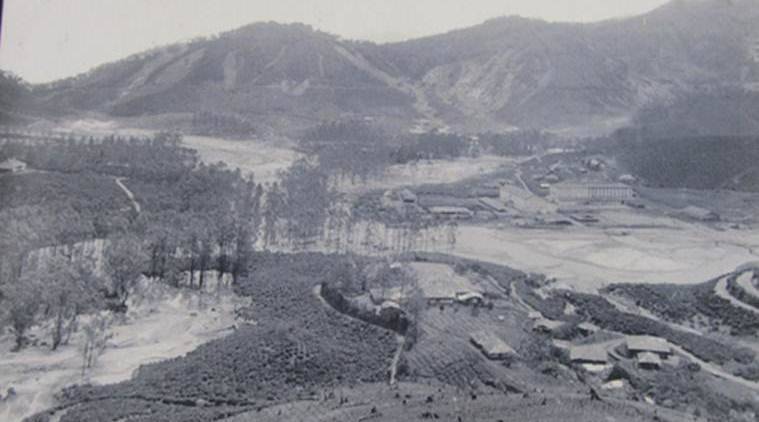Shihab Kallupalam
- Paper
- Bio
Co-author: Ophira Gamliel
The South Indian state of Kerala was hit by severe floods consecutively in 2018 and 2019, which prompted public discourse around earlier floods in Kerala, in particular the so-called `99 Flood (July 1924). Flood discourses in Kerala are attested in various literary texts in Malayalam, relating to floods that occurred in 1909, 1924, and 1961. In this paper, I will present flood narratives in Arabic-Malayalam that are less known in Kerala due to their mode of transmission in the Arabic script and Mappila dialect, such as Kattilveetil Ahmed Koya’s Thoofan Mala [Flood Verses] (1909), Mundembra Unni Mammad’s Vellappokkam [Flood] (1924) and Pulikkottil Haider’s Vellappokka Mala [Flood Verses] (1961). I will explore the views of Arabic-Malayalam writers about natural calamities, the way they narrate the dangerous situations during the flood and deal with post-flood traumatic conditions. Finally, I will ask what can be gleaned from these texts on resilience and adaptation to floods in relation to the UN Sendai Framework for disaster risk reduction.
I am a masters graduate from the University of Glasgow, a junior, independent researcher interested in Mappila literature, space, culture, and identity. The current study is based on collaboration with an international reading group engaged in Mundembra’s Vellappokkam.



